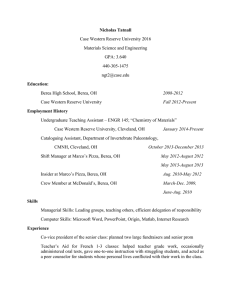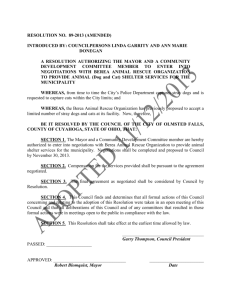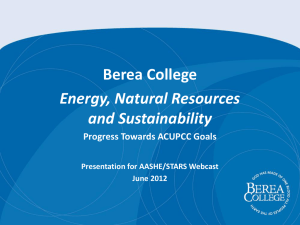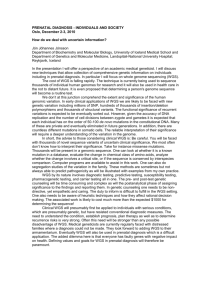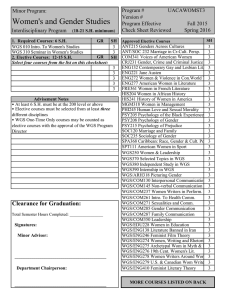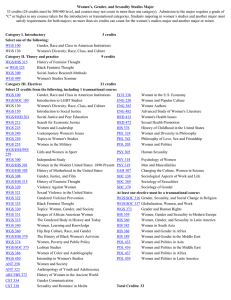ABSTRACT DISSERTATION: STUDENT: DEGREE:
advertisement
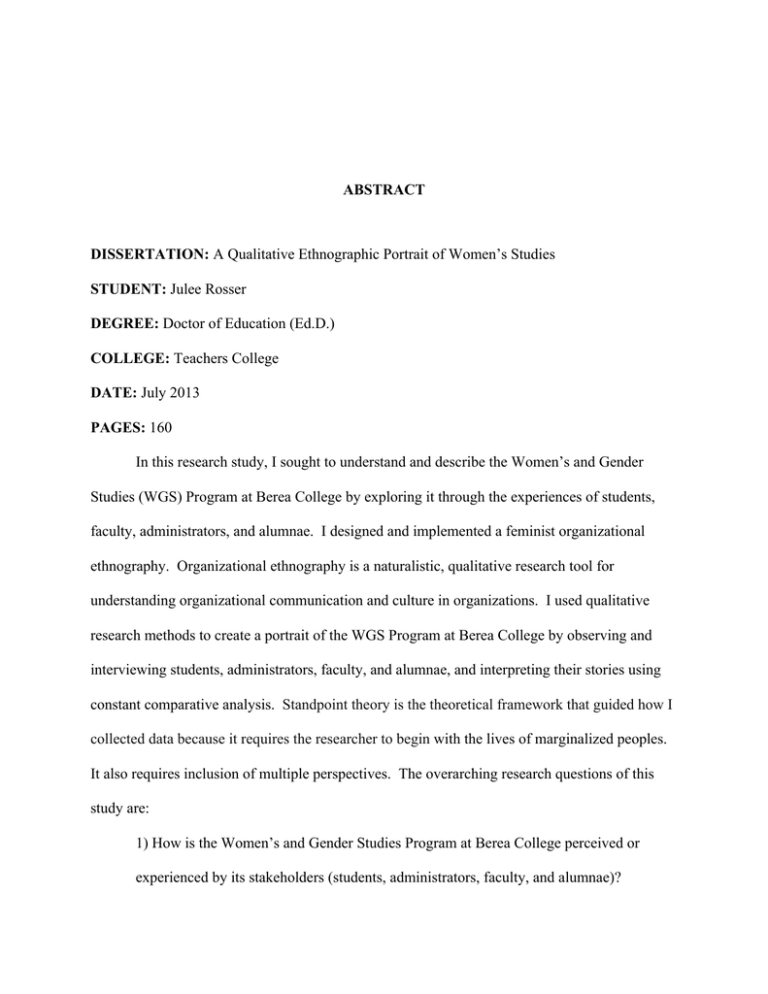
ABSTRACT DISSERTATION: A Qualitative Ethnographic Portrait of Women’s Studies STUDENT: Julee Rosser DEGREE: Doctor of Education (Ed.D.) COLLEGE: Teachers College DATE: July 2013 PAGES: 160 In this research study, I sought to understand and describe the Women’s and Gender Studies (WGS) Program at Berea College by exploring it through the experiences of students, faculty, administrators, and alumnae. I designed and implemented a feminist organizational ethnography. Organizational ethnography is a naturalistic, qualitative research tool for understanding organizational communication and culture in organizations. I used qualitative research methods to create a portrait of the WGS Program at Berea College by observing and interviewing students, administrators, faculty, and alumnae, and interpreting their stories using constant comparative analysis. Standpoint theory is the theoretical framework that guided how I collected data because it requires the researcher to begin with the lives of marginalized peoples. It also requires inclusion of multiple perspectives. The overarching research questions of this study are: 1) How is the Women’s and Gender Studies Program at Berea College perceived or experienced by its stakeholders (students, administrators, faculty, and alumnae)? 2) How is its reality constructed through the overlapping lenses of each? 3) How does the WGS Program approach, prepare for, and respond to political and economic challenges? I concluded that the WGS Program at Berea College is a model program because the leadership uses student-centered feminist pedagogy and they celebrate diversity, succeed with low resources, and clearly value the experiences and voices of the students. The leadership in the WGS Program at Berea College creates a home on campus where students go to learn about things they can’t find anywhere else on campus.
